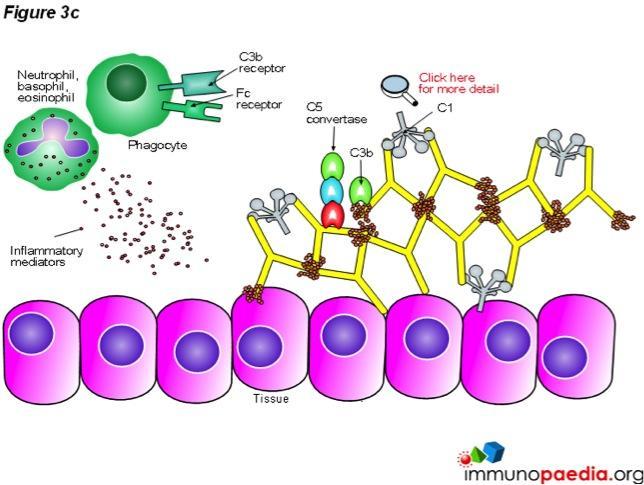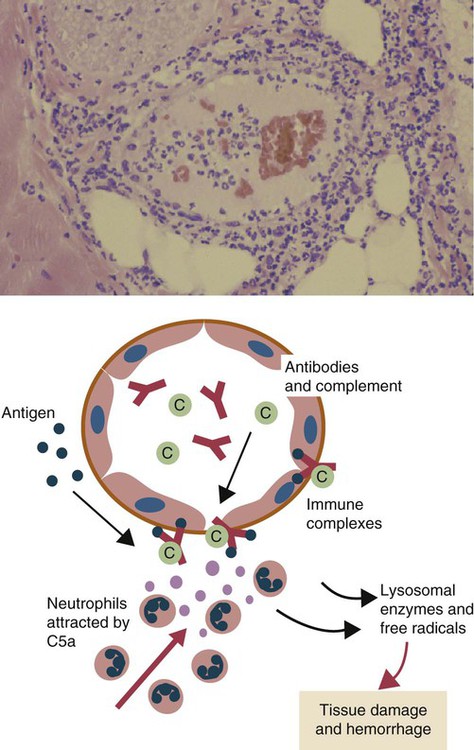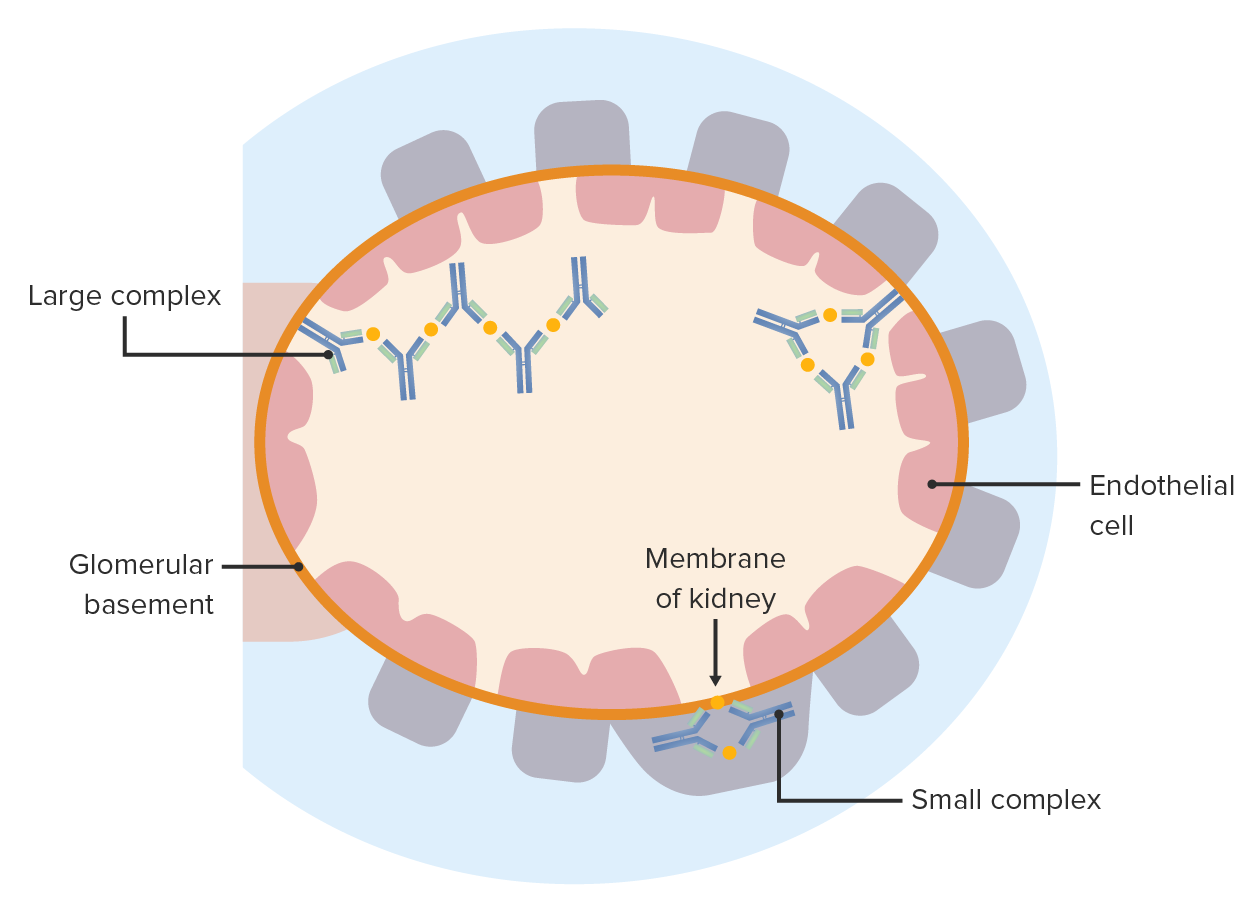


Type II hypersensitivity reactions involve IgG and IgM antibodies directed against cellular antigens, leading to cell damage mediated by other immune system effectors. What is the difference between Type 2 and Type 3 hypersensitivity? The Reaction between the various antigens and antibodies in the body gives rise to the formation of immune complexes. Type IV: Cell-Mediated (Delayed Hypersensitivity) TYPE III HYPERSENSITIVITY (immune-complex) Type III reactions are results of antigen-antibody immune complexes, which induce an inflammatory reaction in tissues.Type II: Cytotoxic Reaction (Antibody-dependent).Type I: Immediate Hypersensitivity (Anaphylactic Reaction) These allergic reactions are systemic or localized, as in allergic dermatitis (e.g., hives, wheal and erythema reactions).

Preformed immunocomplexes deposit in various vascular beds and cause injury at these sites.Īlso to know, what are the 4 types of hypersensitivity reactions? 1 Delayed hypersensitivity plays a crucial role in our bodys ability to fight various intracellular pathogens such as mycobacteria and fungi. 2-29C) and is typified by serum sickness (a drug reaction in which multimeric drug-antibody aggregates form in solution). Type IV reactions are further subdivided into type IVa, IVb, IVc, and IVd based on the type of T cell (CD4 T-helper type 1 and type 2 cells) involved and the cytokines/chemokines produced. Type III hypersensitivity is caused by circulating immunocomplexes (see Fig. Compared to type I-III hypersensitivity reactions, which are antibody-mediated, type IV reactions are mediated by T cells. Clinical features, diagnostics, and treatment depend on the underlying etiology. Likewise, what causes Type 3 hypersensitivity? Type III Hypersensitivity. For the specific causes of type IV hypersensitivity, see Hypersensitivity classification above. Keeping this in view, what is an example of type 3 hypersensitivity?Įxamples of type III hypersensitivity reactions include drug-induced serum sickness, farmer's lung and systemic lupus erythematosus. Such reactions may progress to immune complex diseases. Type III hypersensitivity occurs when there is accumulation of immune complexes (antigen-antibody complexes) that have not been adequately cleared by innate immune cells, giving rise to an inflammatory response and attraction of leukocytes.


 0 kommentar(er)
0 kommentar(er)
